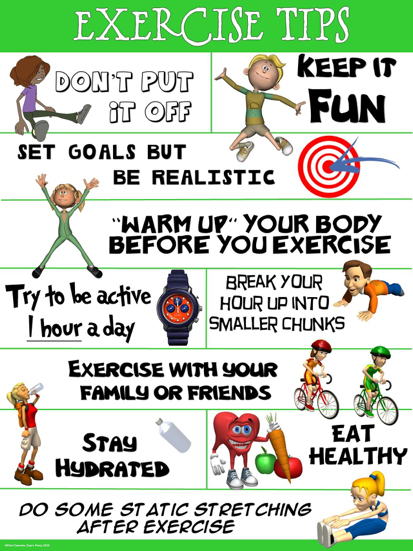A person with obstructive rest apnea may stop taking a breath dozens or even thousands of times a night, says Roseanne S. Barker, MD, former medical director of the Baptist Rest Institute in Knoxville, TN. Heating up your diaphragm prior to taking off at your common rate can lower the possibilities of creating this frustrating side stitch. First, begin by exercising your deep tummy breathing method to relax your diaphragm muscle.
Overindulging or suddenly altering your eating behaviors right before a race can result in pain, lowered efficiency, and also also gastrointestinal concerns. Range runs that pass the 90-minute mark must additionally consist of the enhancement of supplementary nourishment.
How do you breathe when running?
As a form of cardio exercise that's easily accessible, running is one of the most straightforward ways to get the important benefits of exercise. Since it improves aerobic fitness, running is a great way to help improve cardiovascular health. Plus, it burns calories and can build strength, among other things.
Beginning with short running periods
What is the proper way to breathe when running?
The Good News: Eggs are one of nature's best food sources, packaging muscle-protecting protein in a low-calorie food. The B12 in eggs also aids in muscle contraction—a must for runners. One large egg boasts about 30 percent of your recommended dietary allowance of choline.

You don't intend to eat quickly prior to running because it might result in cramping or frustrating side stitches. However working on an empty tummy might cause you to run out of energy and leave you really feeling extremely exhausted during your runs.
Aim to consume a top quality dish or snack of carbs and also healthy protein within half an hour after finishing your run. This is the optimal window of recuperation where your body can best soak up the nutrients to recoup as well as refuel with. Focusing on this will enable you to recover between sessions and enter into each run sensation able and also solid to finish it. have a carb-based meal to guarantee you have sufficient power to cover the range. If you find on your own tired, in a low mood or incapable to complete your prepared runs, then boost your carbohydrates.
- They ought to not be a full-blown initiative that has you gasping for breath, however a challenging speed that you feel you can keep over the period of the run.
- Nevertheless, the size of your workout must be the guide wherefore you consume alcohol, claims Dr. Jordan Metzl, a marathoner and sports medicine physician at the Hospital for Unique Surgical Procedure in New York City.
- If you have actually had problems with intestinal distress (also referred to as jogger's trots) throughout or after your runs, the foods you're consuming http://edwinkgww619.yousher.com/average-mile-time-by-age-group-as-well-as-sex in the 24 hr prior to your runs might be the culprit.
- You can first develop the amount of time you invest doing endurance tasks, then accumulate the trouble of your activities.
- The shorter exercise will still get you in shape, shed some calories and also help you get ready for race day-- however it won't leave you starving for more food.
How can I increase my lung capacity for running?
One should hold a stretch for a minimum of 15 seconds to a maximum of 20 or 30 seconds. This ensures that the muscle fibers that are being stretched are stretched adequately. 30 seconds, less than 20 won't make a difference. You don't want to hold for too long either and risk injury.
As co2 levels build up in the body from workout, it activates us to take a breath more quickly by means of our respiratory system. As more oxygen is consumed, carbon dioxide levels are lowered, and also when the body attains a normal degree of carbon dioxide, breathing rates return to regular. First, allow's talk about the reason why you might be getting out of breath.
To rule these out, you need to be looked into by your medical professional to ensure you have a clean bill of wellness before embarking on a running journey or enhancing your normal training. If you're new to running, it is necessary to build up gas mileage slowly so you can stay without injury.
What exercises help with running?
A noncompetitive, relatively in-shape runner usually completes one mile in about 9 to 10 minutes, on average. If you're new to running, you might run one mile in closer to 12 to 15 minutes as you build up endurance. Elite marathon runners average a mile in around 4 to 5 minutes.